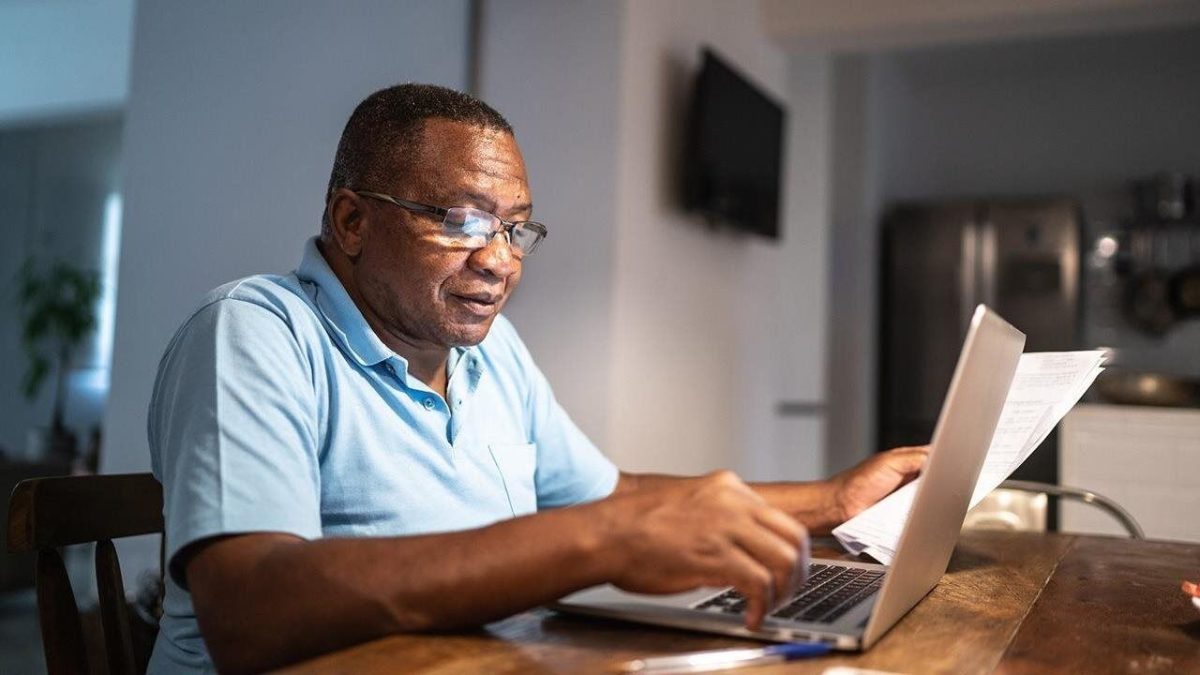(BPT) – Medicare fraud is a serious problem. Medicare loses an estimated $60 billion each year due to fraud, errors and abuse. Every day, these issues affect people across the country and can lead to identity theft and cost you money. The good news? Some simple tips can help you protect yourself and your loved ones.
Understand Medicare fraud
Be aware of common scams so you can better protect yourself. Examples include:
- Getting bills for services or medical supplies that you never received.
- Being prescribed tests and services that are not necessary.
- Receiving medical supplies or equipment that you never ordered and do not need.
Know the warning signs of a scam
It’s essential to watch out for these red flags:
- Unsolicited calls, emails, or visits — someone contacting you out of the blue, claiming to be from Medicare and offering free services.
- Requests for personal information — a demand for your Medicare number, Social Security number or other personal information.
- Pressure to act quickly – any threat that you’ll lose your benefits or suffer other consequences if you don’t comply with a deadline, often by paying them or providing personal information.
- Suspicious websites or mailings — fake websites created to look like official ones but that have inconsistencies, errors or other odd elements.
Take steps to reduce your risk
The most effective way to stop fraud from happening is to prevent it in the first place.
- Only share your Medicare and Social Security numbers with people and medical providers you trust.
- Carry your Medicare card only when you need it.
- Keep a record of all your medical visits and procedures.
- Carefully review your Medicare statements for mistakes and charges you don’t recognize.
- Trust your instincts and report any and all suspected fraud.
Find help
The Senior Medicare Patrol (SMP) is a federal program that provides free, unbiased information and assistance to Medicare beneficiaries, their family members and caregivers on how to protect themselves and Medicare from fraud. Local SMPs also provide one-on-one case assistance to those who think they may have been a victim of Medicare fraud, which ensures that suspected fraud is reported quickly and efficiently. Funded by the Administration for Community Living, local SMP programs have offices in all 50 states, DC, Puerto Rico, Guam and the U.S. Virgin Islands.
If you have questions about how to protect yourself, need to report fraud, or need help determining whether you’ve been a victim of fraud, SMP can help.
Find a local SMP at www.smpresource.org or call the toll-free helpline at 877-808-2468.








